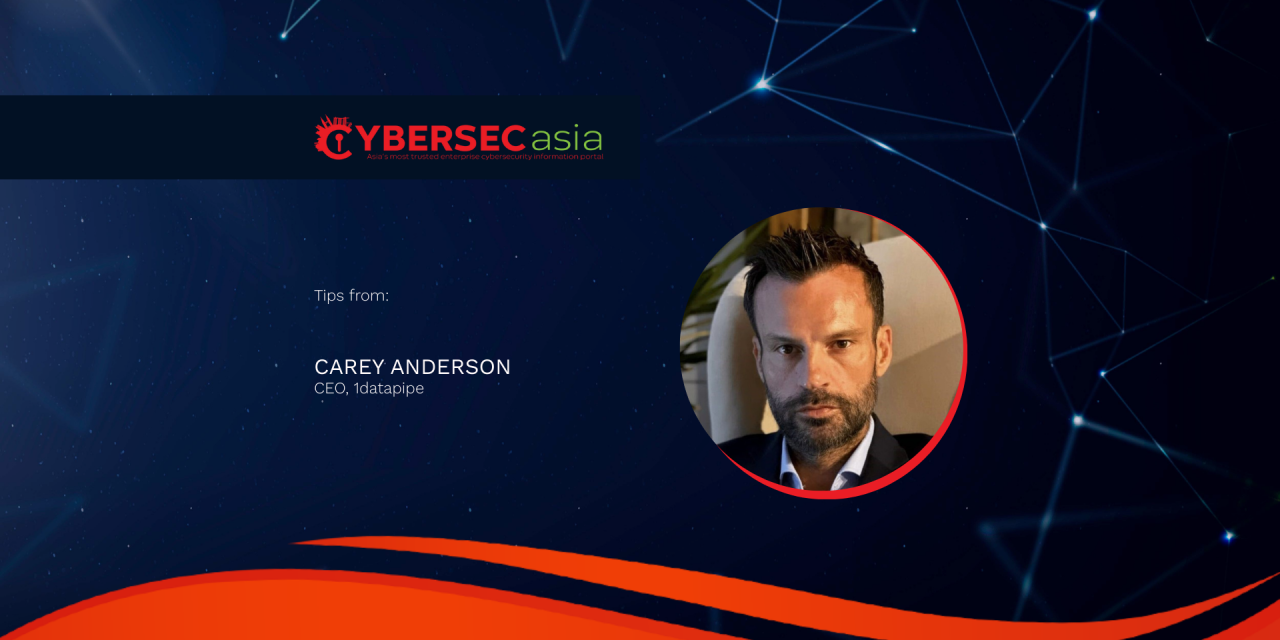Here is how financial institutions and governments can achieve high identity intelligence levels to reign-in the problem.
Around the world, the drive towards digitalization has seen digital fraud spiraling out of control.
Fraudsters are no longer just stealing personal data; they are creating completely new identities that financial institutions cannot detect.
Synthetic identity fraud is particularly dangerous because it does not rely on stolen credentials: it builds entirely new digital personas that appear legitimate but do not belong to any real person.
How do cybercriminals conduct synthetic fraud? They can mix real and fake identity attributes (e.g., combining a real Thai national ID number with a fake name and address). Or they can financial credibility gradually, using small transactions to pass fraud detection systems: over time, they could apply for large loans, execute fraud, and disappear.
Synthetic fraud in the region
Traditional fraud detection methods are failing because they rely on static, outdated databases that do not adapt to real-world fraud tactics. How can financial institutions fight fraud if they cannot even trust the identities they are verifying?
In South-east Asia (SEA), the biggest challenge in fraud prevention is not a lack of data. It is due to a lack of obsessively checked, continuously verified identity data. Without it, businesses are fighting fraud in the dark.
Many SEA financial institutions still depend on manual verification, fragmented identity databases, and basic KYC checks — all of which synthetic fraudsters can easily manipulate.
The fraud problem varies across SEA, but the core issue is the same: weak identity verification allows fraudsters to operate freely:
- Thailand: Home to one of the fastest-growing digital banking sectors, the country is experiencing some of the highest fraud rates, with synthetic identities fueling fraudulent loan applications and e-commerce scams. The government is tightening regulations, but banks there still lack real-time identity verification tools.
- The Philippines: With over 54m unbanked adults, the country is a hotspot for fintech-driven financial inclusion. However, rapid digital onboarding without proper identity checks has led to a surge in fraud involving fake loan applications and digital wallet fraud.
- Singapore: In running of the world’s most advanced digital ecosystems, the country is a prime target for international fraud syndicates. As fraudsters exploit identity loopholes in high-value transactions, SIM swap fraud and account takeover incident have surged.
- Indonesia and Malaysia: While the two countries are leading in digital payments and e-commerce expansion, inconsistent national ID verification systems and varying Know-Your-Customer standards have been allowing fraudsters to operate across platforms undetected.
Ensuring maximal identity Intelligence
Financial institutions, fintechs, and digital platforms need to move beyond static identity databases and adopt continuously verified, structured, real-world identity data that fraudsters cannot manipulate. This can be achieved through:
- AI-powered fraud detection: Traditional fraud rules are outdated. AI-driven real-world identity intelligence detects fraudulent patterns before losses occur.
- Multi-source identity validation: Fraudsters can forge an ID, but they cannot fake real-world identity behavior patterns. When data is accurate and obsessively monitored and checked, it aggregates verified signals to confirm the authenticity of an identity.
- Cross-border identity protection: Businesses need to implement regional identity intelligence networks that track fraud activity across multiple markets, preventing cross-border identity abuse.
Also, the real issue is not just about detecting fraud: it is about ensuring that only legitimate identities enter the system in the first place, and building a financial ecosystem where identity is unquestionable. In achieving this, risk is minimized before it ever reaches the transaction stage. Here are some basic principles to achieve identity intelligence:
- Governments, banks, and fintechs need to invest in stronger, more intelligent identity verification solutions to secure their platforms, protect customers, and prevent financial losses.
- Financial institutions should replace fragmented, low-quality identity data with continuously updated, AI-driven identity intelligence.
- Regulators need to adopt cross-border fraud prevention frameworks that integrate accurate and continually checked data across multiple countries.
- Digital businesses need to embrace real-time identity verification to ensure trust in their platforms.
Ultimately, fraud will thrive in weak identity systems. The best way to eliminate it is with maximal AI-powered identity intelligence, using data that fraudsters cannot fake, forge, or manipulate.
In the fight for security, data is not just power: it is the ultimate defense.

















